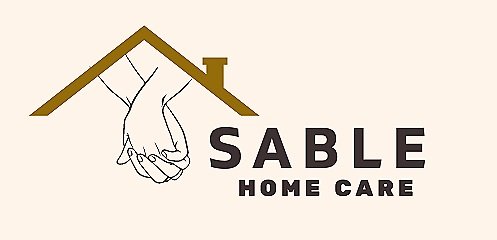Home Care Company VS Private Duty Caregiver
When it comes to receiving home care, the decision between a Home Care Company and a Private Duty Caregiver can be challenging. It's crucial to make an informed choice, as the assistance provided is significant and often vital for the well-being of you or your loved one. In this comparison, we'll explore the advantages and disadvantages of both options.
Home Care Company
A Home Care Company is a professional entity that employs or contracts caregivers to serve their clients. These companies typically accept various payment methods, including Medicaid, Long Term Care Insurance, and private pay.
Pros:
- Reliability: Home Care Companies offer backup options if a caregiver cannot fulfill a visit, ensuring consistent support.
- Staffing: In addition to caregivers, clients are assigned a supervisor, and there's access to office staff and RNs if needed.
- Payroll: Direct payment to caregivers is handled by the company.
- Competency/Background Check: Extensive checks, including background and motor vehicle record checks, are conducted. Caregivers also undergo hands-on training.
- Insurance: Home Care Companies are required to have various insurances, ensuring a level of protection.
- Charting Systems: Utilization of structured charting systems for efficient and organized care documentation.
Cons:
- Cost: Home Care Companies generally have higher hourly rates, varying by location (e.g., $32-36/hour in Grand Rapids, MI).
- Amount of Caregivers: Clients may have multiple caregivers assigned based on factors such as hours and location.
- Turnover: High turnover in the healthcare field may lead to changes in assigned caregivers, disrupting established relationships.
Private Duty Caregiver
A Private Duty Caregiver is an individual working independently, providing personalized care to specific clients without affiliation with a company.
Pros:
- Cost: Private Duty Caregivers often have lower hourly rates, with an average cost of $24.
- One on One: Clients work exclusively with one caregiver, fostering a more personalized and lasting relationship.
- Relationship: Building a lifelong, meaningful relationship with a consistent caregiver.
Cons:
- Reliability: Lack of backup if a private duty caregiver is unable to make a visit.
- Payroll: Clients are responsible for paying the caregiver directly, with flexibility in payment terms.
- Vetting the Caregiver: Background checks, resume reviews, interviews, and licensing validation are the client's responsibility.
- Training: Private duty caregivers have varied backgrounds and training, lacking a standardized training program.
Conclusion
Ultimately, the decision between a Home Care Company and a Private Duty Caregiver depends on individual preferences and needs. Both options have their pros and cons, and thorough research is crucial to finding the right caregiver or company. Considering the significance of the care provided and the impact on your home environment, make informed decisions based on your specific requirements and the offerings available in your area.
